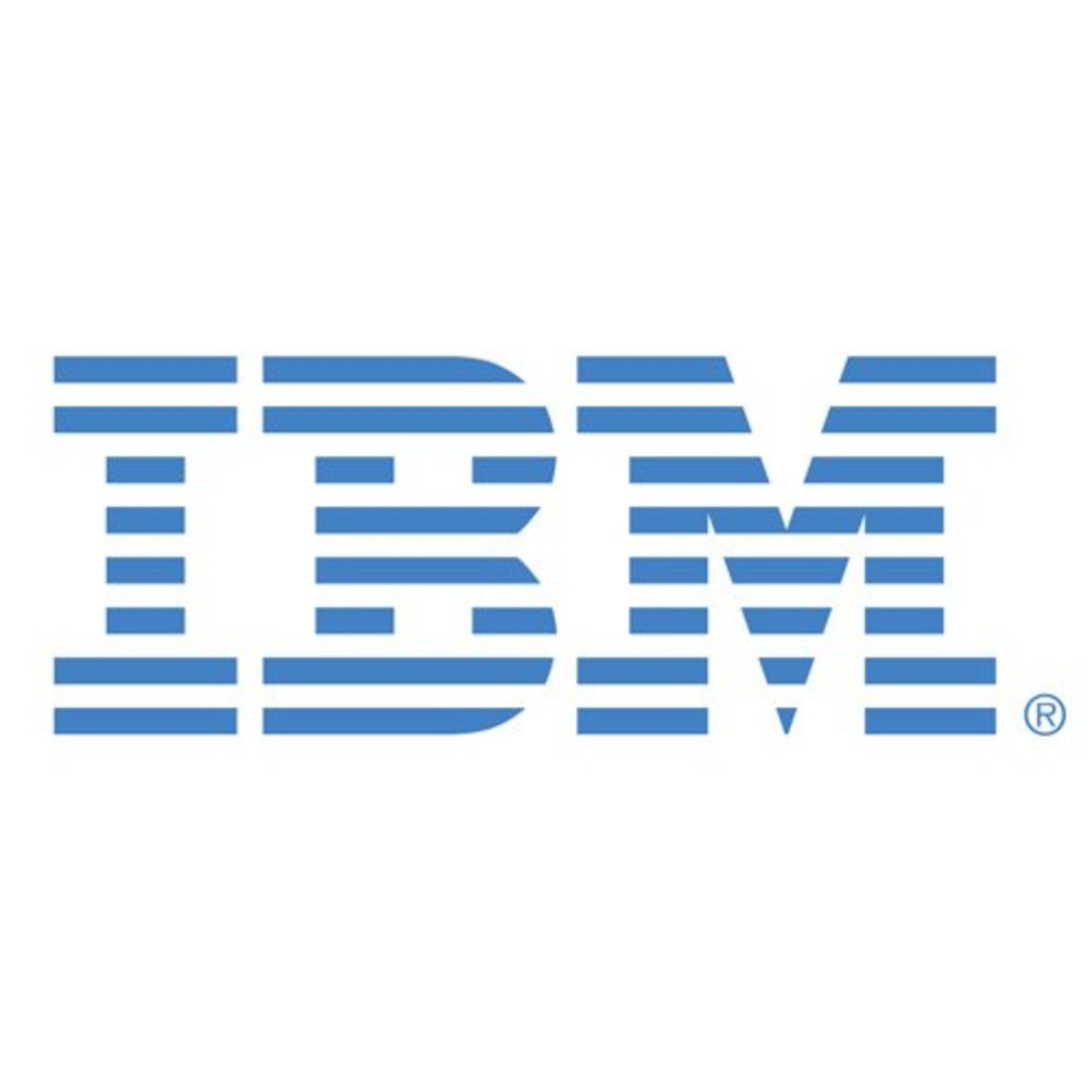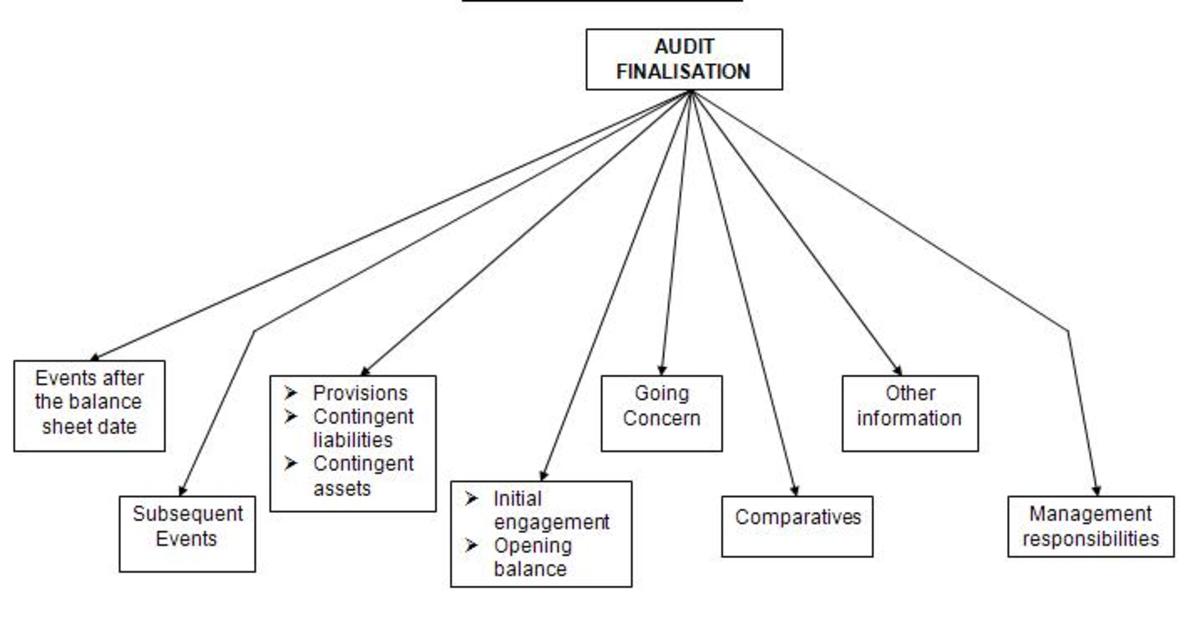IFRS vs. GAAP
IFRS vs. GAAP
Most of the world uses the International Financial Reporting Standards when it comes to accounting, however, the United States uses the Generally Accepted Accounting Principles for their accounting rules. There are many differences between International Financial Reporting Standards (IFRS) and Generally Accepted Accounting Principles (GAAP).
One difference between IFRS and GAAP is how assets are revalued. Under IFRS if a company decides to revalue one asset in a group, then it must revalue all the other assets in that group as well. This causes companies to do their own estimates about what they are worth before deciding to revalue a group of assets, because revaluing a group of assets could end up hurting the company more than helping the company if more of the assets in the group decrease in value than increase. For example, if a company decides to revalue their real estate because they think that one property they own will increase, they better look at the other properties they own because they would not be able to pick that one property out and only revalue that one, they would have to revalue all the property they own. With GAAP the company can pick and choose which assets to revalue so there is less risk for them to revalue, if using the example above, a certain property because they will not have to revalue all of their properties.
Another difference between GAAP and IFRS is what goes into the footnotes on a balance sheet. The first discrepancy comes with the reporting of deferred taxes. Under IFRS they are classified as noncurrent, and the footnotes explain the differences between the amounts that can be recovered within one year of the balance sheet date and those that can be recovered after one year. With GAAP, deferred taxes can be either current or noncurrent and there is no footnote requirement necessary. Another difference between the two footnote requirements is the level of detail needed in the footnotes to explain adjustments to assets and liabilities. With IFRS the footnotes need to be very specific and need to explain why assets and liabilities were adjusted the way they were in detail. Under GAAP just a simple summary of the changes is required. A third way GAAP and IFRS differ is through net pension asset, or the way they pay the employees their benefits. Under GAAP there is no limit that the net pension asset has on the balance sheet, while there is a limit under IFRS that needs to be explained thoroughly in the footnotes. The common theme of the differences between IFRS and GAAP in respect to footnotes is that IFRS requires a lot more explanation in the footnotes on the balance sheet than GAAP does. The most in depth that GAAP makes companies go is a summary of what is going on in the balance sheet, while IFRS makes the company really explain the reasoning behind what is happening on the balance sheet. Making companies go into more detail leads to easier detection of fraud or more protection against companies lying about their financials in the first place. Because IFRS requires more explanation the people auditing the company will be able to trace without much effort why assets were adjusted so they came out to be a lot higher than what they were originally, or why liabilities were adjusted so they decreased more than usual. Under GAAP no explanation like this would be necessary so if the company is up to no good, then their reasoning would be a lot easier to lie about since they only have to go as deep as a summary and not a detailed description.
Now I would like to address why the Unites States should go to IFRS instead of using GAAP. One reason the United States should use IFRS is the fact that around 100 countries in the world use IFRS, while only the United States uses GAAP. Nowadays, the economy is very globalized, and many big corporations do transactions overseas. Since companies do business overseas, then they have to prepare their financial statements under two separate systems, both GAAP and IFRS. This could cause confusion because if a company wants to compare how their United States business is doing compared to an office overseas, it is hard to compare (although it is getting easier) the two different systems of accounting, and this could lead to the company spending more money and time on preparing their overseas office statements in line with GAAP or their United States office in line with IFRS. Another reason the United States should adopt IFRS is because there should be a universal set of rules for accounting and because most of the world uses IFRS already, the United States should follow suit and implement IFRS. There has been strides to converge IFRS with GAAP in recent years, but lately there has been a stall simply because of the challenge it would pose to change the rules US companies have to abide by, however, the US should try to change over since most other countries use IFRS.
References
- “IFRS: Coming to America.” Journal of Accountancy, 1 June 2007, www.journalofaccountancy.com/issues/2007/jun/ifrscomingtoamerica.html.
- Global Journals Inc. “ø Global Journal of Management and Business, GJMBR USA ø.” Global Journals Incorporation, globaljournals.org/GJMBR_Volume14/1-The-Similarities-and-Differences.
- “The Difference Between IFRS and GAAP Balance Sheet Footnote Requirements.” Chron.com, smallbusiness.chron.com/difference-between-ifrs-gaap-balance-sheet-footnote-requirements-81008.html.
- “IFRS and GAAP Accounting: Top 10 Differences & Effects on Business.” Intuit, www.firmofthefuture.com/content/top-10-differences-between-ifrs-and-gaap-accounting/.








